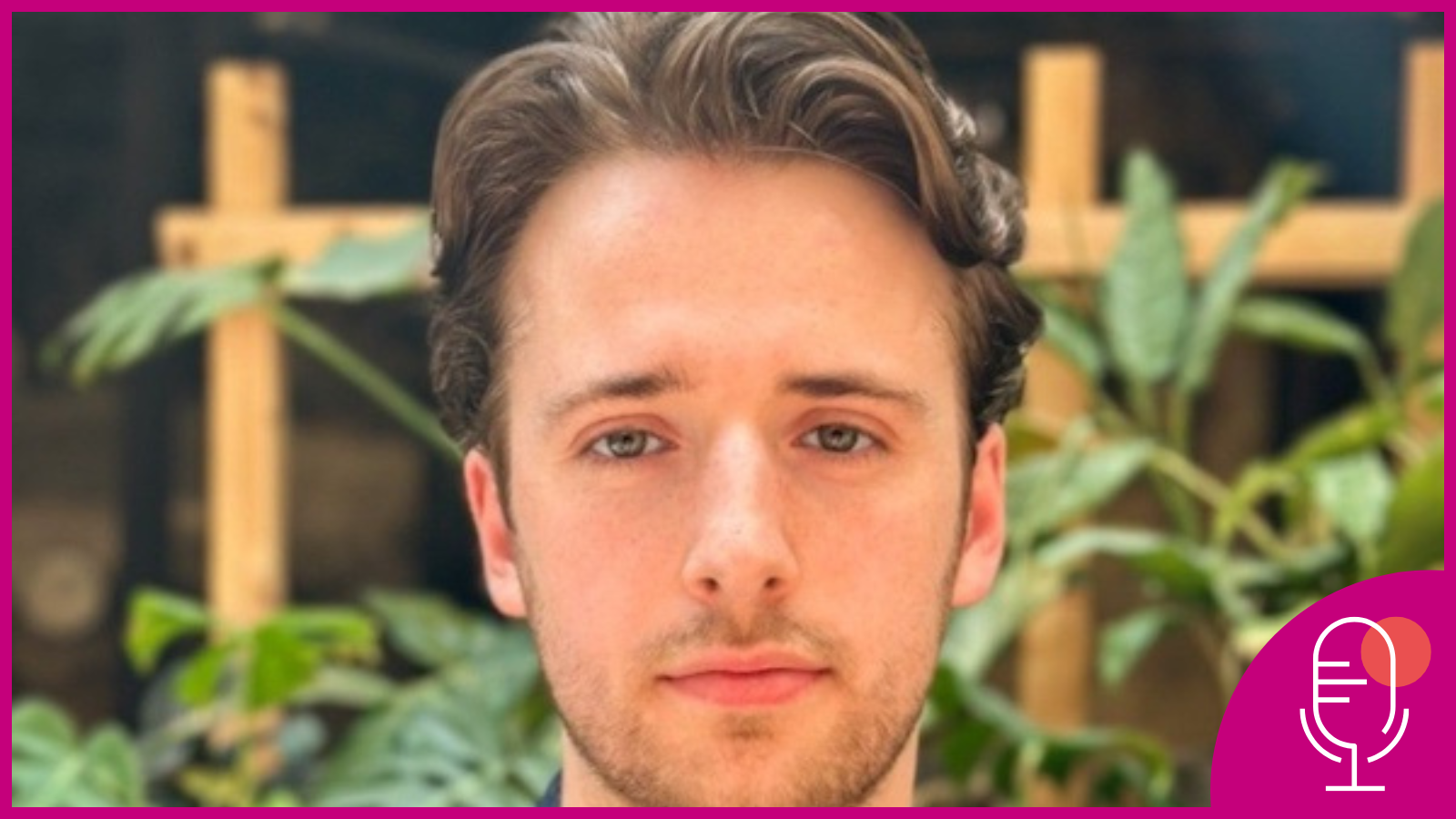Corentin Grenon (BBA 20): “AI lowers the barrier to entry for a generation of entrepreneurs”
[cette traduction a été générée automatiquement]
Corentin Grenon: From my very first year on the Global BBA, I chose to dive into entrepreneurship rather than do an internship. With two classmates, we launched Leqto, a web & mobile development agency, then Formalý, an EdTech in digital learning that quickly found its product–market fit. Next, we created a B2B SaaS to digitise training organisations, which we sold in 2022. Today, I head the ESSEC x ESSEC Alumni incubator at Station F, right in the heart of the world’s largest start-up campus. Each year, we support around thirty alumni projects, often at ideation or seed stage, with the goal of accelerating their journey from MVP to first market.
RM: What role do final-year students and recent graduates play among entrepreneurs in France?
C. Grenon: We’re seeing a real generational shift. Today in France, around one in four company founders is under 30. Many go straight into tech — and especially AI at the moment. Their three-year success rate is comparable to the average, but their time-to-market is often faster because they have a strong product culture and a taste for experimentation.
RM: And among ESSEC entrepreneurs?
C. Grenon: ESSEC has long fostered and structured entrepreneurial initiative. ESSEC trains 100% of its students in the fundamentals of entrepreneurship (around 7,500 students per year) and supports over 150 student and graduate start-ups annually. To date, this framework has supported more than 2,500 entrepreneurial projects and enabled its start-ups to raise nearly €6 billion in capital over 15 years. At the ESSEC incubator at Station F, over 50% of the entrepreneurs we support are under 30. Their strength lies in combining business vision with rapid execution, leveraging the ESSEC network to validate their value proposition, find early adopters or raise their first funds.
RM: What specific challenges do young ESSEC entrepreneurs face that their elders do not?
C. Grenon: Three challenges come up repeatedly. First, credibility with B2B clients and investors when you hit the market at 22 or 25. Second, access to early-stage funding in a context where seed rounds are tightening. Finally, there’s the psychological side: learning to absorb uncertainty, pivots and setbacks without yet having strong professional experience behind you.
RM: Among these challenges, are there new difficulties compared with previous generations?
C. Grenon: Yes, clearly. Previous generations often launched after a few years in consulting or large corporates, with an established network. Today, young founders start from scratch much earlier. At the same time, the ecosystem has become more professional and global: you have to iterate faster, convince faster, raise faster. That creates time pressure their elders felt less.
RM: For each of these challenges, what services do you provide?
C. Grenon: For credibility, we connect young founders with mentors, advisers and experienced alumni who lend reputational capital. For funding, we make introductions to business angels and seed funds and coach them for their raise. Finally, on the psychological side, we offer a supportive environment: the incubator is designed as a safe place where you can fail, pivot, bounce back and find peer-to-peer help.
RM: Beyond your services, which tools and resources do you recommend to young ESSEC entrepreneurs?
C. Grenon: I put a lot of emphasis on the power of the alumni network, which is a genuine launchpad, particularly for securing first B2B clients. There are also public schemes such as Bpifrance, French Tech Tremplin and Réseau Entreprendre. But today it would be unthinkable not to mention artificial intelligence. AI has become an essential co-pilot for young entrepreneurs: it lets you prototype faster, automate repetitive tasks and test business models at lower cost. Practically speaking, a founder can build a first no-code product using ChatGPT, Bubble or Notion, launch a landing page in a few hours and iterate immediately based on user feedback. AI democratises access to entrepreneurship: it lowers the technical barrier and lets a generation of founders focus directly on the customer problem.
RM: In entrepreneurship, is being young an advantage or a drawback?
C. Grenon: Both. On the downside, there’s limited managerial experience and sometimes difficulty inspiring confidence in a boardroom. But it’s also a huge asset: exponential learning capacity, agility, no organisational legacy — and above all the freedom to take risks. At 25, a failure is a cheap lesson.
RM: Your own track record is impressive for your age. What factors set you apart and enabled you to achieve more than average?
C. Grenon: Three things helped me. First, taking action very early: I learned by doing, iterating fast. Second, the ESSEC network, which opened incredible doors to peers, investors and mentors. Third, a genuine obsession with learning: I’ve always treated each project — whether it succeeded or not — as an experimentation ground.
RM: Do you think your vision or approach differs from that of older professionals?
C. Grenon: Yes, probably. My generation was born into a tech-driven, globalised world. We have a test-and-learn culture: we don’t wait for the perfect solution before launching. We prioritise speed and iteration. More experienced profiles bring depth, structure and rigour. The two approaches complement each other: by combining young founders’ agility with seniors’ experience, the ecosystem moves forward.
Read the full interview in the issue of our Reflets magazine dedicated to ESSEC young talents:
Discover this issue (in French)
Are you an ESSEC graduate and an entrepreneur? Discover the ESSEC Alumni services designed for you!
Interview by Louis Armengaud Wurmser (E10)

Comments0
Please log in to see or add a comment
Suggested Articles



